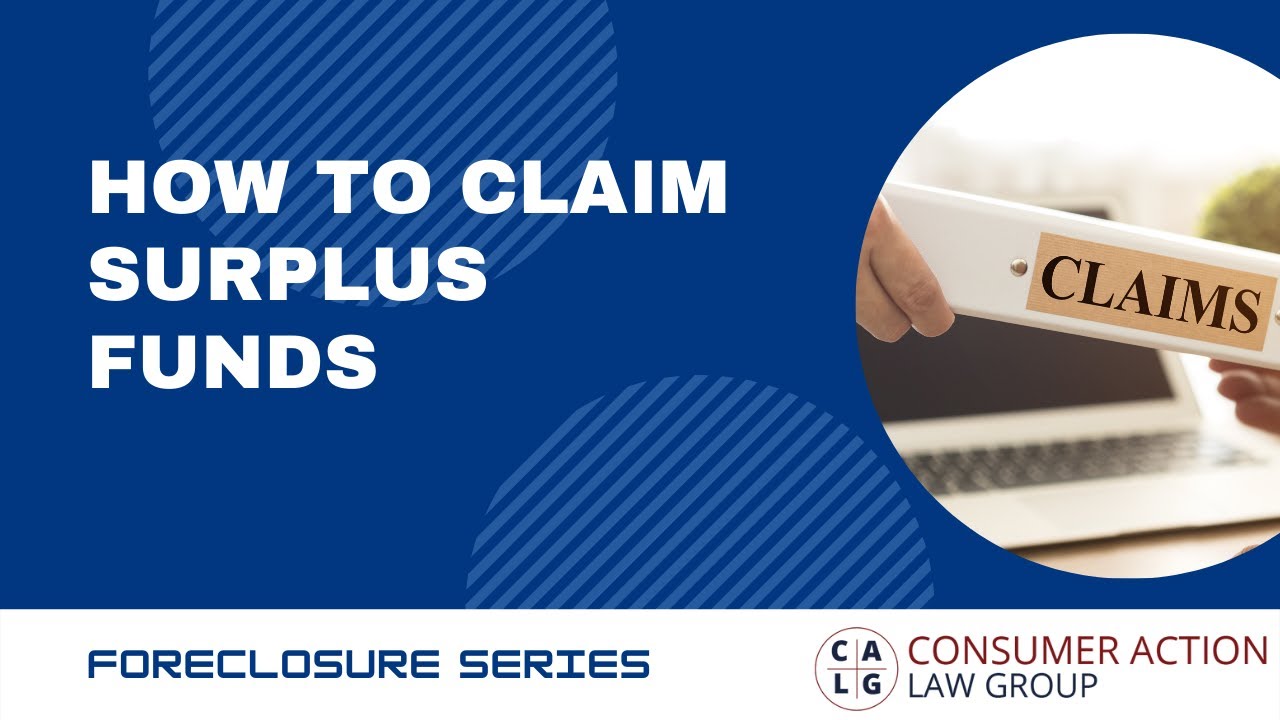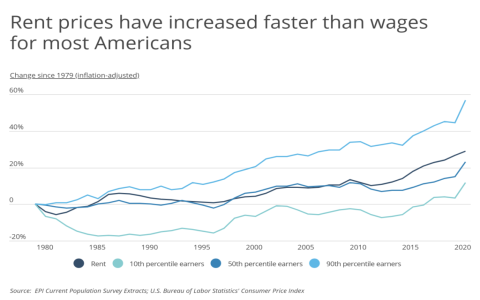Navigating Foreclosure Surplus Funds in California: A Comprehensive Guide
When a property goes into foreclosure in California, it follows a legal process outlined by state law. But what happens if the sale of the property generates more money than what is owed to the lienholders? This surplus can legally revert to the delinquent borrower, but accessing these foreclosure surplus funds isn’t always straightforward. Here’s an insightful look into the world of foreclosure surplus in California, the rights of former homeowners, and how to claim these funds.

Understanding Foreclosure Surplus
Foreclosure surplus is the excess amount of money left over after all outstanding debts, including the mortgage, taxes, and any liens on the property, are fully paid off from the foreclosure sale. In California, by law, this surplus must be returned to the former homeowner once all creditor claims are addressed. This process, however, involves a series of legal steps and can be quite complex.
The Claims Process
Claiming these surplus funds from foreclosure in California requires former homeowners to:
- Understand their rights: According to California Civil Code §2924k, surplus money from a foreclosure sale belongs to the property owner, provided there are no other superior liens or claims.
- Monitor the sale: Be aware of the foreclosure sale date and ensure that all amounts are fairly accounted for.
- File a claim: If there’s a surplus, the former homeowner must file a claim with the court or the trustee handling the foreclosure. The exact process can vary by county, making it essential to consult local court guidelines.
- Provide proof: You must prove your interest in the property, often requiring legal documentation like the title, deed, or a court order.
Challenges in Claiming Surplus Funds
The path to foreclosure surplus funds isn’t without its challenges. Here are some:
-
Time Limit: There’s a limited time frame to claim these funds. Missing this can result in the funds being redistributed to junior lienholders or absorbed by the county.
-
Legal Proof: Claimants must provide undeniable proof of their entitlement, which can involve legal representation to navigate the complexities of property law.

-
Other Claimants: Junior lienholders might also have claims on the surplus, complicating the payout process.
The Role of Professional Services
Given these potential obstacles, many former homeowners turn to professionals:
-
Surplus Recovery Firms: Specialized businesses that help recover surplus funds from foreclosure recognize the intricacies involved and streamline the process of claiming these funds.
-
Legal Advisors: Hiring a foreclosure attorney can provide clarity on your rights, assist with documentation, and represent you in court if necessary.
Surplus Funds: A Real-World Impact
Consider the case of Maria, a Sacramento resident who lost her home to foreclosure due to unexpected job loss. After the sale of her property, a surprising $25,000 was left over. By understanding California’s surplus regulations and seeking legal help, Maria was able to reclaim her funds, which she then used as a down payment for a new home. Stories like Maria’s illustrate the real-life significance of understanding and navigating foreclosure surplus.
How to Proceed if You Believe You Have Surplus Funds

If you’re a former homeowner in California and believe you’re entitled to foreclosure surplus:
- Act Quickly: The legal timeframe to claim your funds can be quite short after the sale.
- Gather Evidence: Have all necessary property records and transaction history ready.
- Seek Professional Help: Whether it’s a surplus recovery firm or a legal advisor, getting professional assistance can simplify and secure your claim.
Navigating foreclosure surplus funds in California doesn’t have to be a tumultuous journey. With the right knowledge and timely action, former homeowners can reclaim what is legally theirs, providing a small silver lining to an otherwise challenging situation. Keep track of your rights, understand the legal landscape, and use every resource available to ensure you’re not missing out on funds rightfully owed to you.



